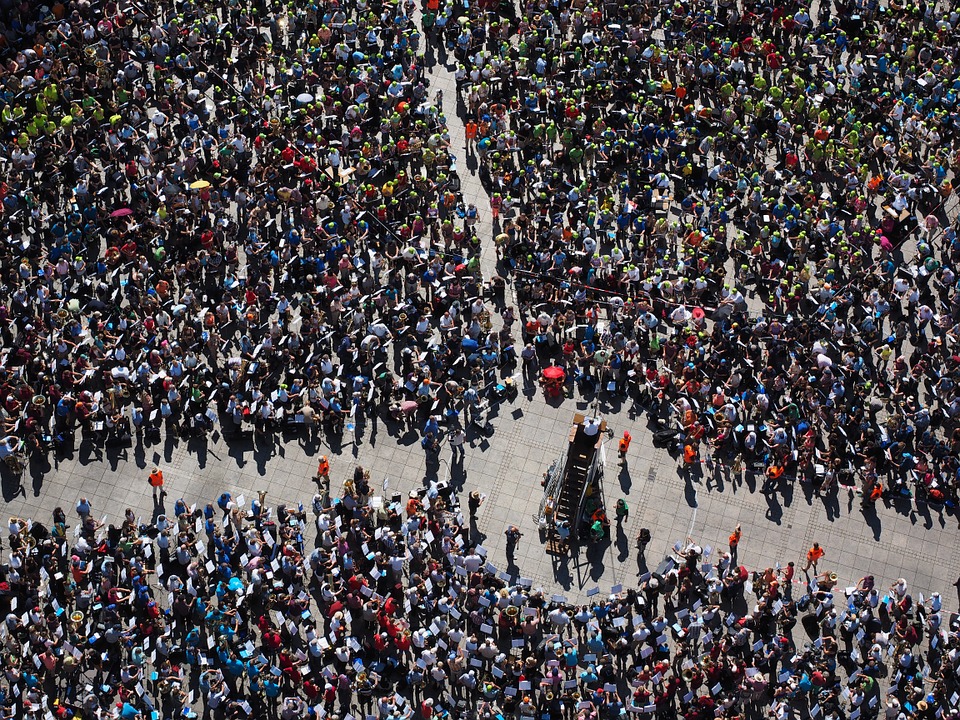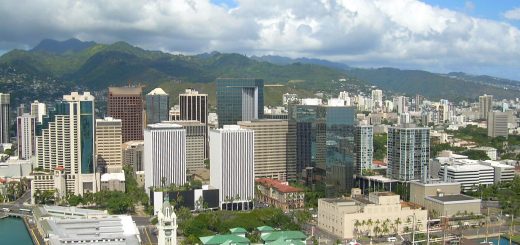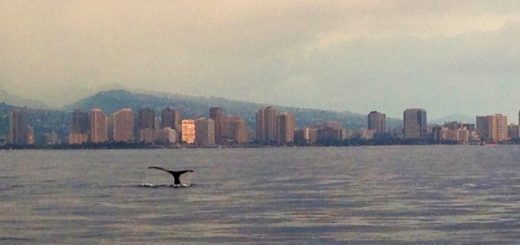Too Much Tourism: Italy’s Complaints
Whenever one thinks of booking a European vacation, they will likely consider spending some time in Italy at some point. After all, with its stunning landscapes, ancient cities, mouthwatering food, and luxurious shops, who could possibly deny themselves the Italian experience?
In spite of tourists’ enthusiasm and their positive impact on the Italian economy, many of the country’s citizens are discovering that too much of a good thing can become rather harmful. This is because the negative consequences of hosting too many tourists annually are finally becoming apparent — especially after approximately 52 million people visited Italy in 2016 alone.

These harmful consequences range from deteriorating ecosystems due to littering and fuel pollution, overcrowding in large metropolitan areas, accelerated decay of historical sites, and even a frantic shift in the otherwise laid-back atmosphere.
However, Italian citizens are not taking the abuse of their homeland with a grain of salt. Instead, they have made their displeasure well known. In cities like Venice — which welcomes approximately 90 thousand guests per day due to the countless cruise ships that pull into port — residents complain that tourists are merely there to use their city as a backdrop for selfies and videos, rather than soaking in the rich cultural history.
This has led to the formation of Generation 90, a campaign group that speaks on behalf of those who are priced and crowded out of their own city by tourists. Because of this trend, the population of Venice has been shrinking by approximately 1,000 people per year — mostly due to skyrocketing rent and property prices.
However, Venetians’ woes have not gone unheard. Between civilian activism and the complaints that have been made to local government officials, Venice has come under scrutiny by one of the world’s superpowers: the United Nations Educational, Scientific and Cultural Organization (UNESCO).
Upon investigating the situation, as well as predicting the city’s viability if these tourism trends were to continue, UNESCO threatened to place Venice on a list of “world heritage sites in danger.” That is, unless the Italian government can formulate methods of curtailing tourism by the end of 2018.
Although the efforts made to reach such a goal have been unsuccessful thus far, Italian citizens are holding on to the hope that their government will do what is right for the people — as opposed to prioritizing the travel and tourism industry. However, in this scenario, it seems as though only time will tell what the outcome will be.


